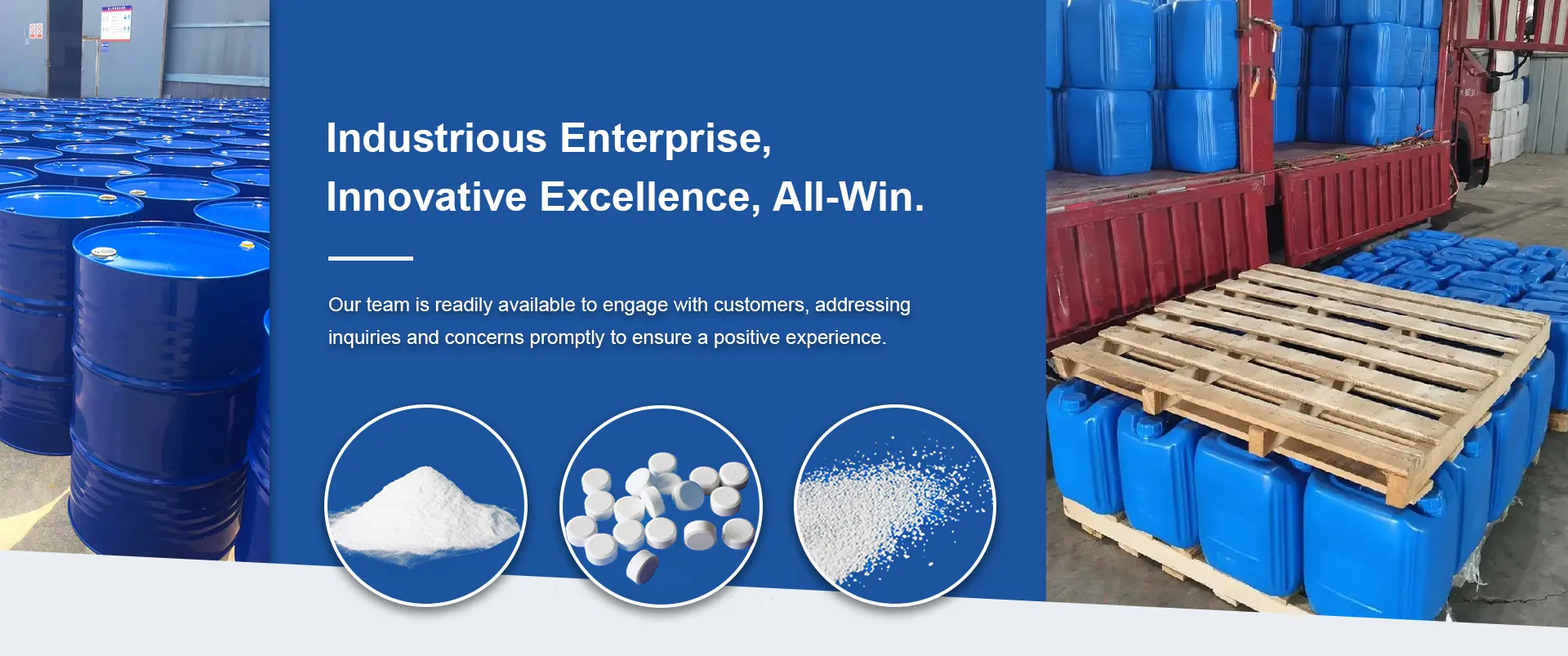
Exploring the Benefits of E20200 Preservatives in Food Preservation and Safety
Understanding E20200 Preservative Functions, Safety, and Applications
E20200, also known as sorbic acid, is a widely used preservative in the food industry and beyond. This organic compound is primarily employed to inhibit the growth of mold, yeast, and bacteria, thereby prolonging the shelf life of various products. Its effectiveness and safety make it a staple ingredient in many formulations. In this article, we'll delve into the characteristics of E20200, its applications, safety considerations, and its role in the modern world.
What is E20200?
Sorbic acid, or E20200, is a naturally occurring compound that was first identified in the berries of the sorbus tree. It is a colorless, crystalline substance that is soluble in water and alcohol. E20200 has a faint odor and a slightly sweet taste, characteristics that make it suitable for various food products without significantly altering their flavor profile.
Functions and Applications
The primary function of E20200 is its role as a preservative. It is particularly effective against molds and yeasts, which can spoil food products and lead to foodborne illnesses. E20200 is commonly used in a variety of foods, including baked goods, dairy products, fruit juices, and even wine.
In addition to food applications, E20200 is also used in cosmetics and personal care products. Its antimicrobial properties help extend the product's shelf life and maintain quality. This preservative is also found in some pharmaceutical products, where it assists in inhibiting the growth of microorganisms in formulations.
e 200 preservative

Safety Considerations
The safety of food additives, including E20200, is a topic of ongoing research and regulatory scrutiny. E20200 is generally recognized as safe (GRAS) by several health authorities, including the U.S. Food and Drug Administration (FDA) and the European Food Safety Authority (EFSA). Studies have shown that, when used within recommended levels, it poses minimal risks to human health.
However, some individuals may experience allergies or sensitivities to sorbic acid, leading to mild symptoms such as skin irritation or gastrointestinal discomfort. Regulatory bodies have established acceptable daily intake levels to ensure consumer safety, and food manufacturers are required to comply with these guidelines when incorporating E20200 into their products.
Environmental Impact
As consumers become more eco-conscious, the environmental impact of food additives is an area of growing concern. E20200 is considered to have a low environmental impact since it is biodegradable and does not persist in the environment. This trait aligns with the increasing demand for sustainable practices in food production and preservation.
Conclusion
E20200, or sorbic acid, plays a vital role as a preservative in various industries, particularly in food and cosmetics. Its ability to prevent spoilage and extend shelf life makes it an essential ingredient for many products that consumers rely on daily. Despite concerns about food additives, E20200 has been proven safe for consumption within regulated limits, making it a trusted choice for manufacturers. As the world continues to evolve, understanding the usage and implications of such preservatives will remain crucial in ensuring public health and safety. The balance between convenience, safety, and environmental responsibility is essential as consumers navigate their options and manufacturers work to meet emerging demands.
-
Why Glacial Acetic Acid Food Grade Is Essential in FlavorNewsMay.26,2025
-
Surging Export Growth of Food Additives in ChinaNewsMay.26,2025
-
How Ammonium Nitrate Fertilizer Boosts Crop YieldsNewsMay.26,2025
-
How 1,2,3-Benzotriazole Shields Plastics from UV DegradationNewsMay.26,2025
-
Cyanide in Gold Mining: Protecting People and the PlanetNewsMay.26,2025
-
Aluminum Hydroxide in Modern Sunscreen FormulationsNewsMay.26,2025
-
Understanding Synthetic Rubber OptionsNewsApr.27,2025
Hebei Tenger Chemical Technology Co., Ltd. focuses on the chemical industry and is committed to the export service of chemical raw materials.
-

view more DiethanolisopropanolamineIn the ever-growing field of chemical solutions, diethanolisopropanolamine (DEIPA) stands out as a versatile and important compound. Due to its unique chemical structure and properties, DEIPA is of interest to various industries including construction, personal care, and agriculture. -

view more TriisopropanolamineTriisopropanolamine (TIPA) alkanol amine substance, is a kind of alcohol amine compound with amino and alcohol hydroxyl, and because of its molecules contains both amino and hydroxyl. -

view more Tetramethyl Thiuram DisulfideTetramethyl thiuram disulfide, also known as TMTD, is a white to light-yellow powder with a distinct sulfur-like odor. It is soluble in organic solvents such as benzene, acetone, and ethyl acetate, making it highly versatile for use in different formulations. TMTD is known for its excellent vulcanization acceleration properties, which makes it a key ingredient in the production of rubber products. Additionally, it acts as an effective fungicide and bactericide, making it valuable in agricultural applications. Its high purity and stability ensure consistent performance, making it a preferred choice for manufacturers across various industries.











